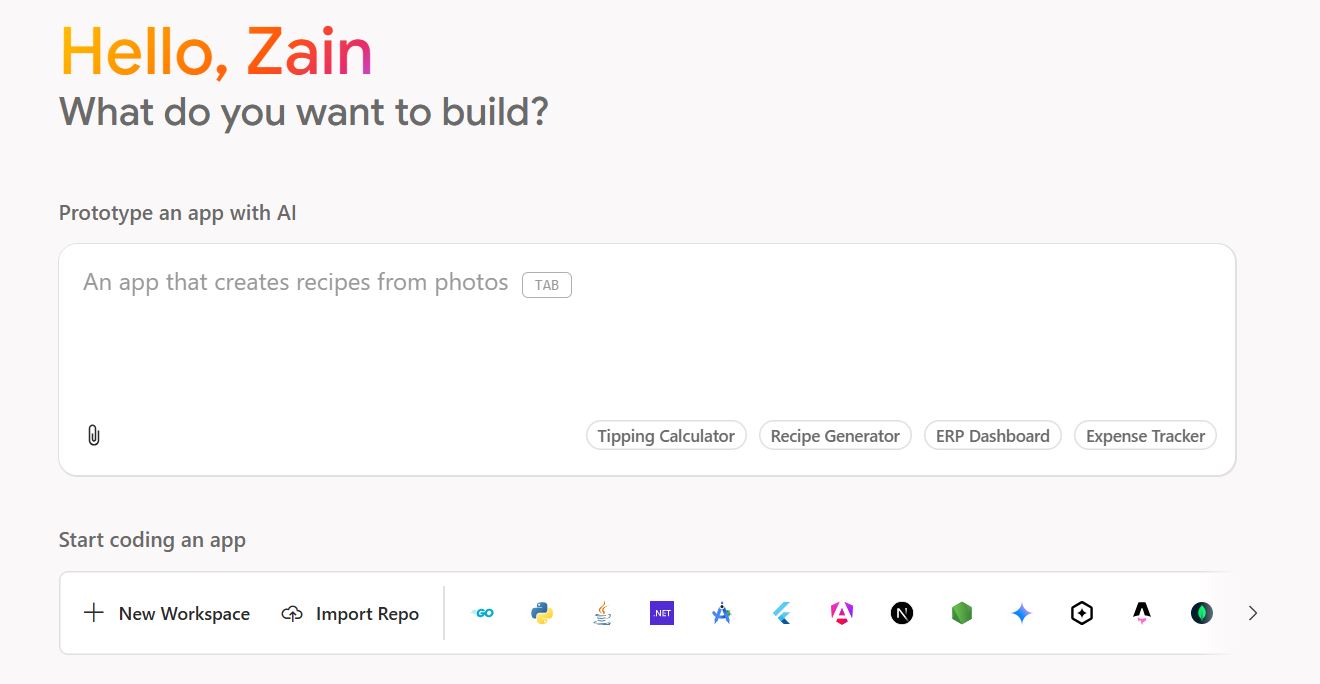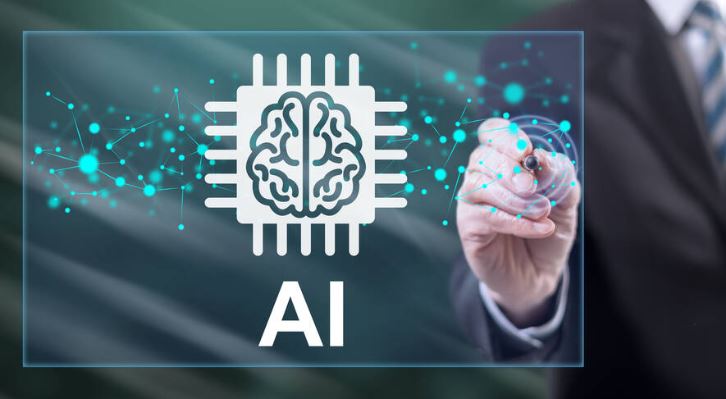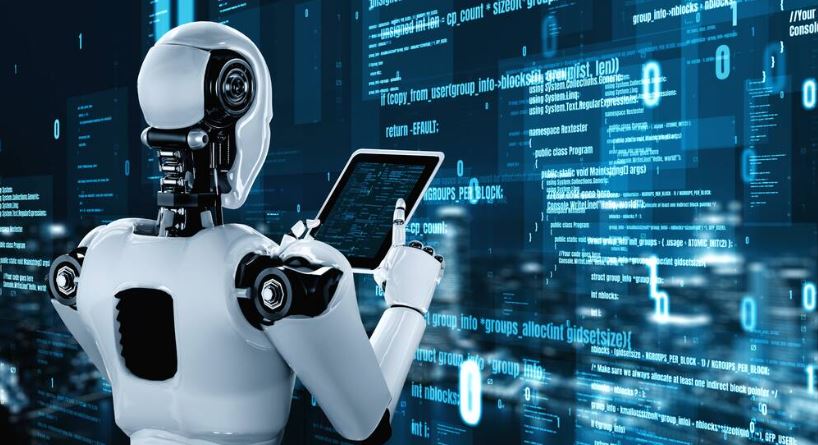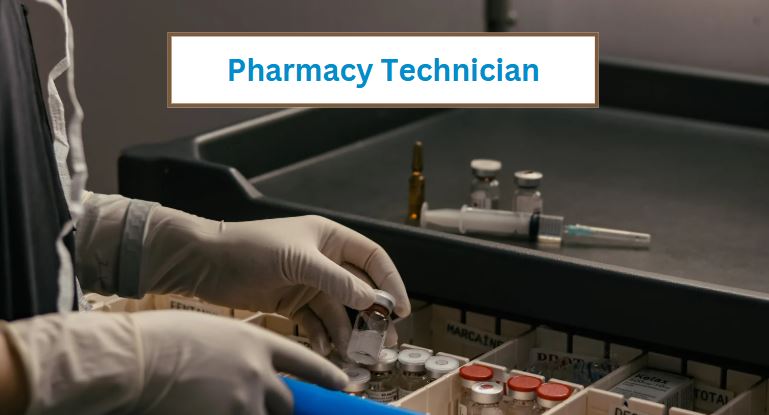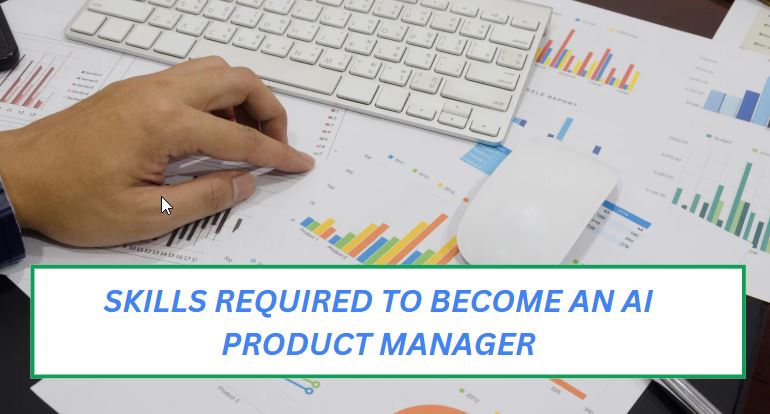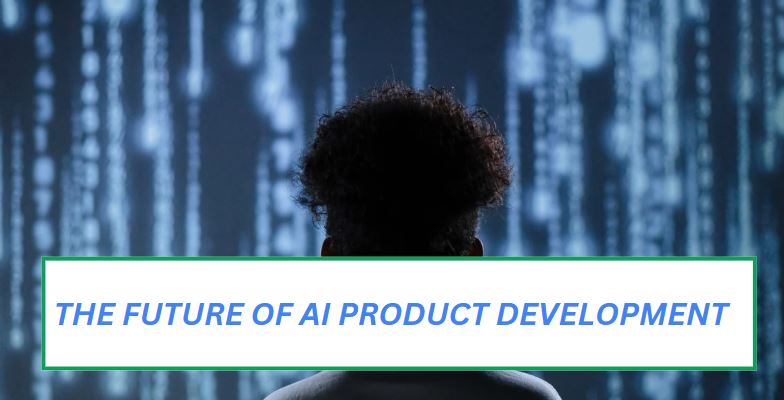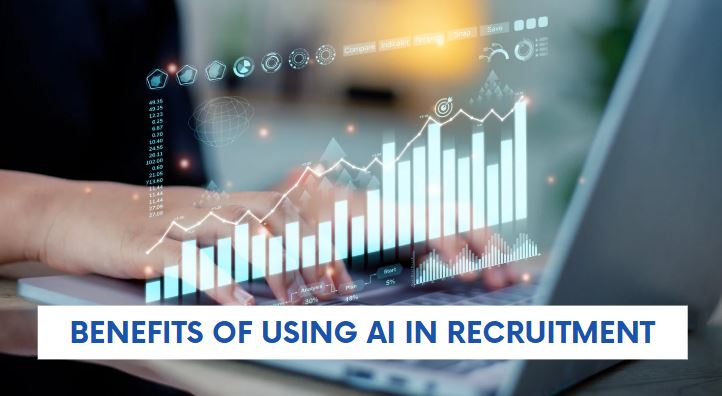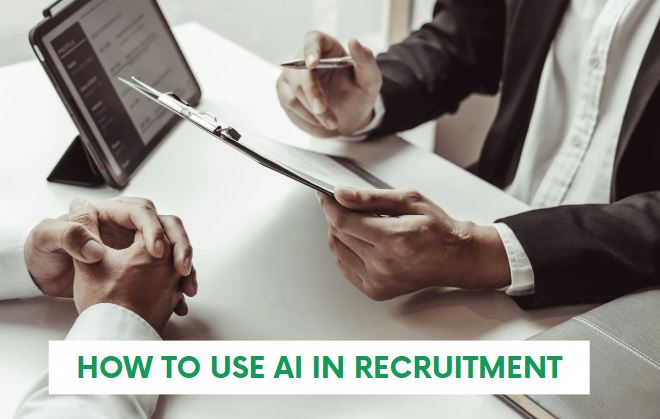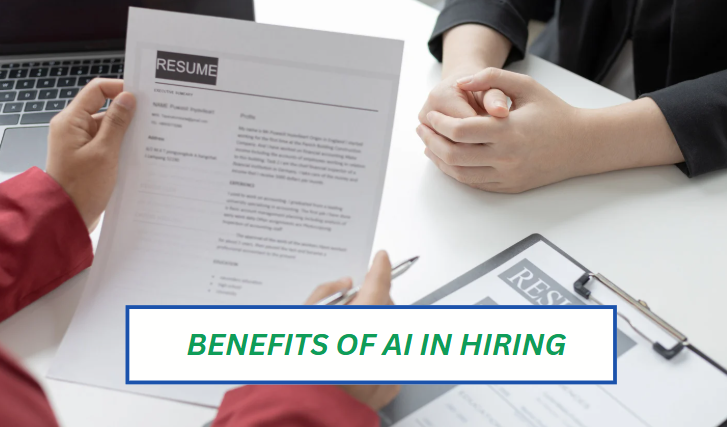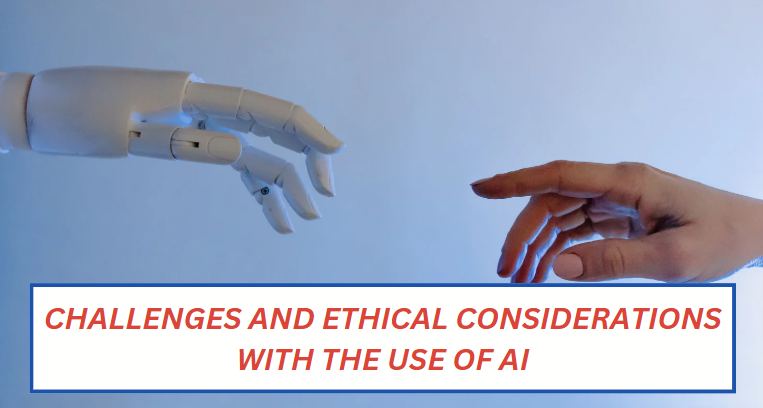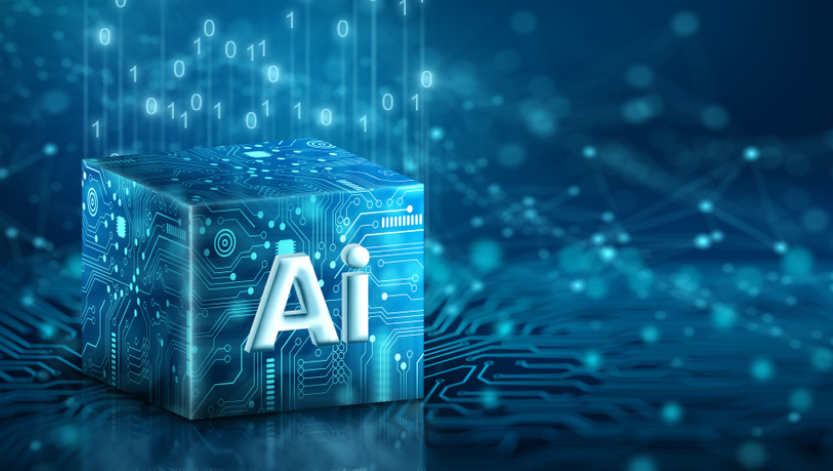Job postings requiring AI skills increased by 61% year-over-year in 2024, indicating that AI is getting more and more important for all kinds of roles. It’s transforming many industries, including healthcare, finance, agriculture, and digital marketing. However, behind any AI tool or software, there is a human who trains it. That person is commonly known as an AI trainer. You can be an AI trainer as well. If you’re wondering what this job is all about and how you can get one, this post is for you. We’ll talk about everything from what an AI trainer is to how you can land your first job as one. Let’s dive in.
What is an AI Trainer?
An AI trainer is someone who makes sure artificial intelligence systems perform their tasks correctly. For instance, they ensure a chatbot responds politely or an image recognition model identifies images correctly. Think of an AI trainer as a bridge between AI and humans, or an instructor for machines. You’re teaching or instructing machines to perform specific tasks accurately.
What Does an AI Trainer Do?
Let’s talk about the tasks an AI trainer is typically responsible for.
Data Collection and Preparation: One of the first tasks in any AI project is collecting and preparing data on which the model will be trained. That’s what an AI trainer does. You collect data such as audio, video, and text from different sources (Company records, open datasets, etc.).
Labelling and Annotation: You’ll assign meaningful tags to data. For instance, if you’re working with an AI image model, you might have to draw boxes around objects like traffic lights or cars.
Model Validation and Testing: The third step involves running tests on the AI model to ensure its accuracy and precision. You’ll spot where the AI makes mistakes and decide how to correct them.
Feedback and Iteration: Give feedback to machine learning engineers or data scientists about the areas where the model needs improvement.
Documentation and Reporting: You’ll create a detailed report on your training strategy and how the model worked. For instance, if a model shows bias, your job would be to flag it for review.
You May Also Like: Everything You Should Know About AI Agents
How Much Does an AI Trainer Make
Your salary as an AI trainer may vary depending on the location, company, experience, and the complexity of the role.
Entry-Level AI Trainer: According to research.com, entry-level AI trainers earn around $50k per year.
Senior AI Trainer: Earn anywhere around $77K – $144K annually as a senior AI trainer.
Freelance AI Trainer: Freelance or hourly jobs typically start from $40/hour, although the pay can be higher depending on your expertise and the complexity of the project.
Skills Needed for AI Trainer Jobs
While the job title might seem technical, most AI trainer roles don’t require a lot of technical skills. Here are the top skills that can land you an entry-level AI trainer job:
Understanding of AI Concepts: You should understand how an AI model works and how it uses data to learn. Some prominent terms you need to understand are “Supervised learning”, “Validation set”, and “Training data”.
Attention to Detail: Data annotation often involves noticing subtle variations. For instance, you may need to classify a piece of text as “Very sad” or “Sad”.
Communication Skills: Written communication is another important skill, as you’ll need to create clear documentation regarding how the AI model performed.
Familiarity with Annotation Tools: Many companies use specialized training software like Labelbox and Supervisely for text, audio, and video annotation. Learn popular tools to stand out from other applicants.
Basic Coding Skills: Not all AI trainer roles require coding skills, but understanding basic Python can help you work on large datasets more efficiently.
Related: 9 Jobs AI Might Replace in the Future
How to Be an AI Trainer
If you think it’s the right career path for you, here’s a step-by-step roadmap to help you get started:
Learn the Basics of AI and Machine Learning
Start by getting the basic knowledge of AI and machine learning if you haven’t already. Courses like “AI for Everyone” by Andrew Ng are a great place to start. The good thing is you don’t need to be a data scientist to become an AI trainer. However, a solid understanding of how AI training works is important. A relevant degree may help get your foot in the door faster.
Practice Data Annotation
Once you have a good theoretical understanding of the process, start practicing data annotation. Look for open-source datasets on platforms like Kaggle. For instance, you can tag text for sentiment or draw bounding boxes around objects.
Build a Simple Portfolio
Your next step should be to document your progress in a file or document. Example: Take a set of Tweets and label them based on sentiment (Positive, negative, neutral).
Apply to Entry-Level Data Annotation Jobs
Next, apply for entry-level positions. Many companies and startups hire AI trainers without a formal degree. You just need to satisfy their hiring criteria. Look for job titles like “Data annotator” and “Labelling specialist,” other than AI trainer.
Frequently Asked Questions
Let’s address some common questions around AI trainer jobs.
Is AI Trainer a Real Job?
Yes, AI training is a real job where you act as a bridge between an AI model and humans (Users). It involves data collection, labelling, testing, and documentation.
How Do I Become an AI Trainer?
Start by learning the basic AI concepts, data annotation techniques, and polish your soft skills (Communication and attention to detail, mainly). Apply for entry-level jobs after building a simple portfolio.
How Much Do AI Trainers Get Paid?
AI trainer salaries depend on your expertise, experience, location, and role-specific requirements. Depending on these factors, it can range from $40k to well over $100k per year.
Read More: Becoming an AI Researcher (Your Complete Guide)
Conclusion
AI trainer jobs provide a perfect pathway for beginners to enter the world of AI and polish their skills. Most AI trainer roles require you to be good at communication, problem-solving, attention to detail, and an understanding of AI concepts. You can make yourself more noticeable and marketable by learning a programming language like Python, but it’s not a necessity for many AI trainer roles. Start by understanding what the role requires of you. Take an online course from a reputable instructor or organization to boost your resume, polish the required skills, and apply for entry-level roles. As you gain more experience and learn new skills on the job, you’ll naturally attract better employment opportunities in the field of AI.
References:
- https://www.linkedin.com/pulse/demand-ai-talent-2024-2025-global-tech-job-market-analysis-rathi-s82jc/
- https://research.com/careers/how-to-become-an-ai-trainer-salary-and-career-paths
- https://www.glassdoor.com/Salaries/senior-ai-trainer-salary-SRCH_KO0%2C17.htm
- https://www.coursera.org/articles/ai-trainer




